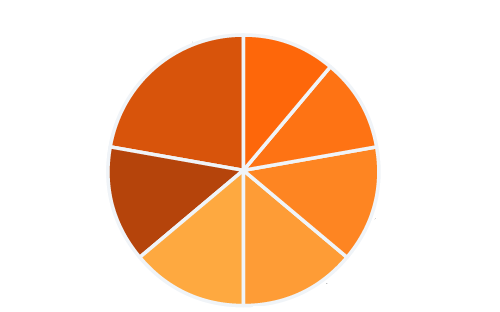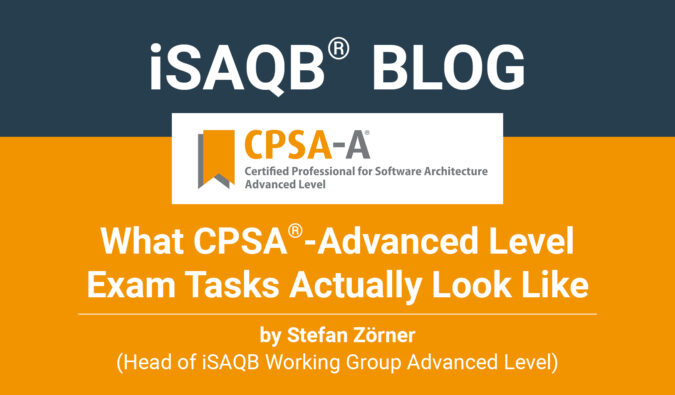Certified Professional for Software Architecture (CPSA®)
The CPSA® Advanced Level Module SWARC4AI – iSAQB® Training Course in Software Architecture for AI Systems
MODULE SWARC4AI
Software Architecture for AI Systems
What essential knowledge do software architects need for developing modern software architectures for AI systems?
Credit Points for SWARC4AI Training Courses
Technological Competence
TECH
20
Methodical Competence
METHOD
10
Communicative Competence
COMM
0
SWARC4AI
Content of the module Software Architecture for AI Systems (SWARC4AI)
What essential knowledge do participants of the SWARC4AI module gain for developing modern software architectures for AI systems?
The module presents participants with modern software architecture concepts for AI systems to design powerful, scalable, and integrable AI solutions. At the end of the module, participants will be familiar with the essential principles of software architecture for AI systems. They will be able to apply them in designing and implementing machine learning and generative AI systems. With the help of the modeling techniques and architecture tools taught, they can seamlessly integrate AI components into existing software systems. The training covers machine learning systems and generative AI and teaches how these can be combined with classic software systems. Participants learn what the architecture for such hybrid systems must look like to ensure scalability, maintainability, and expandability.
Related Blog Posts
Gain valuable insights from Simon Wardley as he discusses the power, limitations, and strategic role of AI in software architecture. Learn about AI’s impact on decision-making, critical thinking, and the future of software engineering.
This article discusses key ethical guidelines designed to govern the use of AI in today’s digital age. It highlights essential principles like privacy, transparency, fairness, and accountability to ensure responsible AI development and usage.
This blog post explores how AI tools can assist software architects in tasks like design, documentation, and code generation. It highlights the importance of maintaining critical thinking, as AI is a helpful tool but not a substitute for expertise.
This blog explores the evolution of AI in software development, from assistants to fully autonomous teams. It also introduces the AI Agile Manifesto, shaping the future of IT.
The new SWARC4AI module explores AI system architecture, focusing on Machine Learning and Generative AI, including LLMs and Diffusion Models. It covers both fundamental and advanced topics, providing practical insights for software architects and engineers.
How to Identify a Good Certificate?
There is a wide range of certificates on offer, yet most certificates and certification procedures are based on a similar process with some comparable variants…
This blog post answers the most important questions about the written part of the iSAQB Advanced Level exam…
Additional Information
Frequently Asked Questions
There are currently no FAQs for this topic. Please check out our FAQ page for more FAQs.









